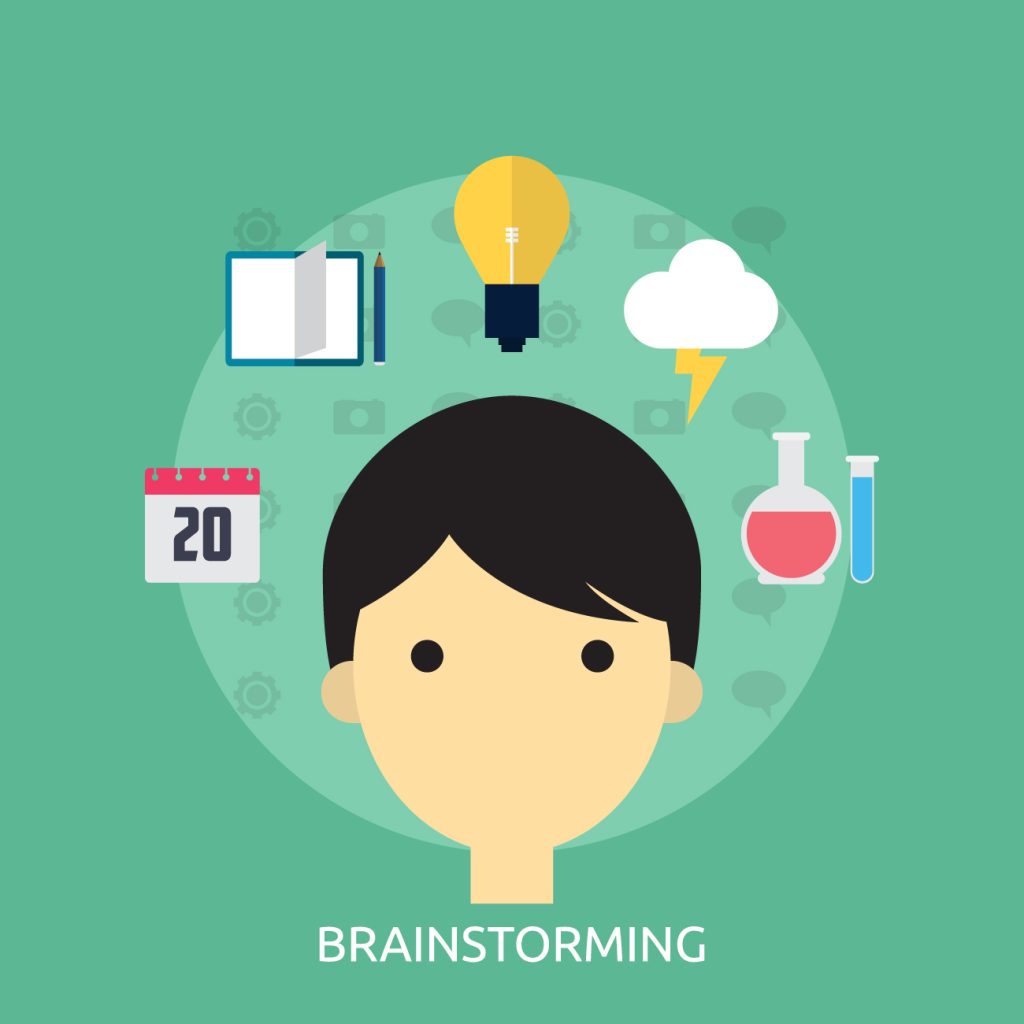Why Memory Alone Isn’t Knowledge
Aiden Foster July 25, 2025
In today’s information-driven world, it’s easy to assume that memory is the key to mastering new concepts. After all, if we can remember something, doesn’t that mean we understand it? The truth, however, is more complicated: memory alone isn’t knowledge. While memory plays an essential role in learning, it’s not enough to guarantee comprehension or the ability to apply information effectively.
Memory can only go so far. When we rely solely on memory, we miss out on the deeper processes required for true knowledge. Whether you’re learning for personal growth, professional development, or academic success, understanding the limitations of memory—and the strategies that complement it—is crucial. In this article, we explore why memory alone isn’t knowledge, and how emerging trends in learning can bridge the gap between mere recall and true understanding.

The Problem with Relying Solely on Memory
Memory, in its simplest form, is the ability to store, retain, and retrieve information. In education and personal growth, we’ve often seen memory as the key to success—whether it’s memorizing facts for an exam, recalling information in a meeting, or remembering a phone number. However, just because something is memorized doesn’t mean it’s fully understood or can be effectively applied.
Recent cognitive science research has shown that there is a significant difference between memorization and true understanding. One of the main issues with relying solely on memory is that it often only scratches the surface of what it means to learn something. In fact, studies have shown that people frequently forget information after a short period, especially if they haven’t actively worked with it.
Memory vs. Knowledge
Memory is passive; it’s simply the process of recalling information. Knowledge, on the other hand, involves comprehension, synthesis, and application of information in various contexts. For example, a person may remember a list of symptoms for a certain disease but may not be able to diagnose it without understanding the underlying mechanisms and how those symptoms manifest in real-world scenarios.
What’s Missing in Our Learning Process?
If memory alone doesn’t lead to knowledge, what else is required? To bridge the gap, experts in cognitive science and education point to the concept of active learning, metacognition, and deliberate practice.
- Active Learning: Beyond Passive Memory
Active learning is a process where learners engage with the material actively, not just passively absorbing information. This can include applying knowledge, solving problems, or teaching others. A study by the National Training Laboratories found that the retention rates for active learning techniques such as teaching others or practicing problem-solving are far higher than simply reading or listening to a lecture.- Example: If you memorize a math formula, that’s one thing. But if you actively work through problems using that formula and explain it to someone else, you solidify your understanding and can apply the concept with greater ease.
- Metacognition: Thinking About Thinking
Metacognition refers to the awareness and control over one’s own learning processes. It’s about understanding how you learn, what strategies work for you, and how to adjust when something isn’t working. It’s not enough to memorize facts; you need to know when you don’t understand something and how to go about solving the confusion. This process helps you deepen your understanding.- Example: A student who revisits a topic they found difficult and consciously reflects on what went wrong—such as not paying enough attention to a key concept—is engaging in metacognition. This reflection helps them restructure their approach to learning the material.
- Deliberate Practice: Making Effortful Learning Efficient
Deliberate practice is a concept introduced by psychologist Anders Ericsson. It involves focused, goal-directed practice designed to improve performance. The idea is to push beyond what’s comfortable and work on areas that are specifically challenging. This type of practice often involves feedback and refinement, which enhances learning retention.- Example: A musician doesn’t just play their instrument mindlessly; they focus on difficult passages, practice them repeatedly, and seek feedback to improve.
The Rise of Cognitive Science in Education: Active Learning vs. Memorization
As traditional methods of education come under scrutiny, a shift is happening. More educators are moving toward active learning, metacognitive strategies, and cognitive science-backed techniques rather than relying solely on rote memorization.
Current Trends in Education and Learning
There’s a growing movement to reconsider how we approach learning. Cognitive scientists are emphasizing that knowledge is not simply about storing data but about understanding how to retrieve and use that information. Some of the emerging trends in education that align with this are:
- Spaced Repetition: This learning technique involves reviewing material at increasing intervals, which enhances retention and understanding over time. It’s a strategy that fights the forgetting curve, ensuring that learning isn’t limited to short-term memory. Tools like Anki and Quizlet leverage spaced repetition to optimize learning.
- Project-Based Learning (PBL): PBL allows students to apply knowledge in real-world contexts, which leads to deeper understanding. This trend is gaining traction in schools and universities, as it not only tests memory but challenges students to solve complex problems.
- Flipped Classrooms: This approach flips traditional learning by having students review lecture materials at home and engage in collaborative, hands-on activities during class. It pushes for active learning during class time and ensures that students aren’t just passively taking in information.
Why Memory Alone Isn’t Knowledge in the Professional World
In the professional world, where knowledge application is critical, the gaps between memorization and true understanding become more apparent. Consider the difference between memorizing a set of instructions and actually applying them in a workplace scenario. Memory alone might help you recall the steps, but applying those steps effectively requires a deeper understanding of the context, potential challenges, and the ability to problem-solve.
- Critical Thinking and Problem Solving
In industries like healthcare, technology, and law, critical thinking is essential. Professionals need to be able to analyze situations, adapt, and apply knowledge in new ways. For instance, a doctor who simply memorizes a drug’s dosage but cannot assess the best treatment based on patient conditions is not fully equipped to provide care. - Collaborative Knowledge Building
Professionals today work in teams, where collaboration and the sharing of insights is key. The ability to remember information is valuable, but the ability to discuss, share, and refine that information with colleagues enhances collective knowledge. Collaborative tools like Slack, Google Docs, and Microsoft Teams are changing the way professionals build and apply knowledge.
How to Make Memory Work for Knowledge
So, if memory isn’t enough on its own, how do we use it effectively for true knowledge? Here are a few strategies:
- Use Memory as a Tool for Active Learning
Instead of simply trying to memorize facts, use them as starting points for exploration. For example, if you’re learning a new software tool, memorize the basic commands, but actively use them in practice scenarios to deepen your understanding. - Revisit and Reflect
After studying a topic, give yourself time to reflect. Ask yourself what made sense and what didn’t. Revisit the material, and try to teach the concept to someone else. This will ensure you are not only remembering the information but also integrating it into your knowledge. - Apply Knowledge in Real-Life Situations
Use what you’ve learned in practical settings. Whether it’s through work, side projects, or experiments, applying knowledge in real-world contexts helps solidify it.
Conclusion
The gap between memory and knowledge is becoming clearer as we continue to understand how learning works. While memory is still a valuable skill, it’s not enough on its own. To truly grasp and apply knowledge, we need to incorporate active learning, metacognition, and deliberate practice into our learning processes. In both education and the workplace, these strategies are transforming how we learn and work, pushing us toward deeper understanding and better problem-solving abilities.
As technology and cognitive science continue to evolve, we can expect more sophisticated learning tools and strategies to emerge—tools that not only enhance memory but also help us turn that memory into actionable, useful knowledge.
Reference
- Ericsson, K. A., Krampe, R. T., & Tesch-Römer, C. (1993). https://doi.org
- Metacognition and cognitive monitoring: A new area of cognitive–developmental inquiry.
American Psychologist, 34(10), 906–911. https://doi.org - Active learning increases student performance in science, engineering, and mathematics.
Proceedings of the National Academy of Sciences, https://doi.org







